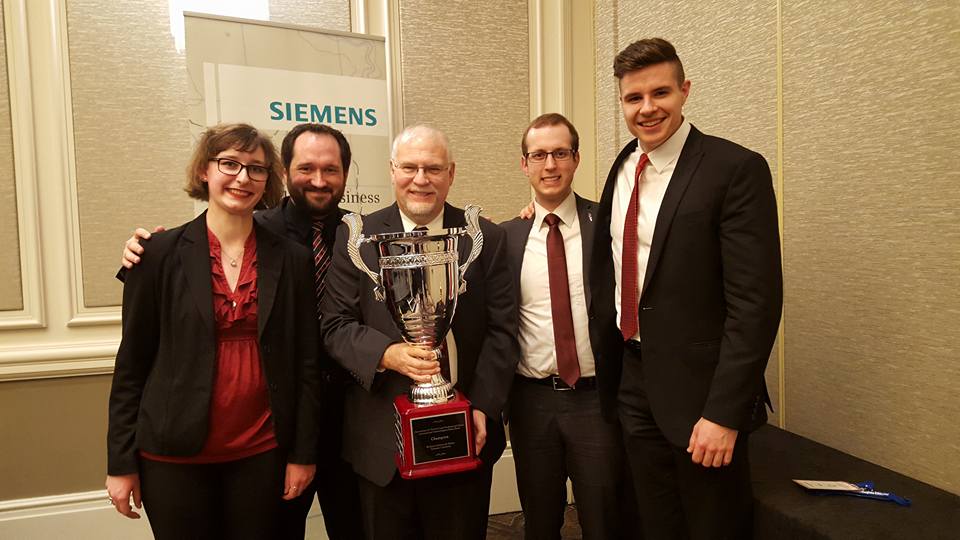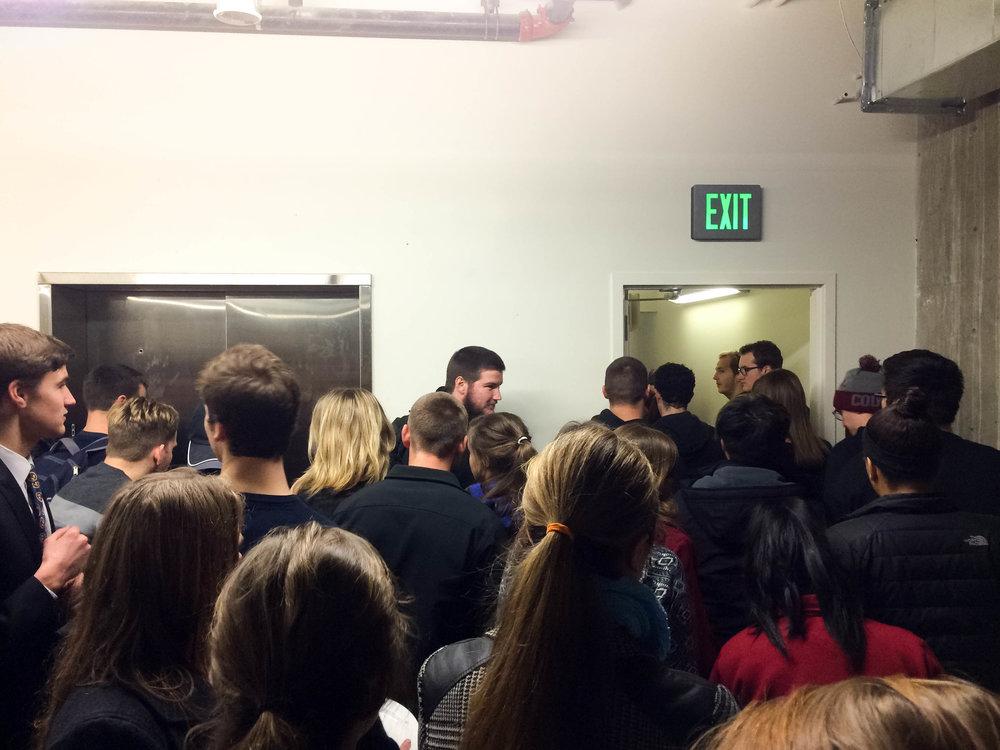by Rebekah Bresee
Editor-in-chief
An Instagram photo of the Whitworth women’s soccer team unknowingly adorning blackface gained coverage and publicity, bringing to light a larger conversation: How can college students in 2015 not know the history of blackface?
Students, faculty and staff alike have expressed concerns about racial recognition and reconciliation at Whitworth for years. Some see this incident as an opportunity to address those concerns.
“I think it’s important to ask: What are the responsibilities of Whitworth to create learning spaces where that kind of ignorance or what we don’t know is not an outcome of an education of the mind and heart?” said Lawrence Burnley, the associate vice president of Diversity, Equity and Inclusion. “What else don’t we know? How is it that we don’t know such critical aspects of our history?”
Burnley sent an email to the general Whitworth community the day after the event. In the email he addresses the critical need for the student body and Whitworth community to learn from the incident and consider the real or perceived intent of such actions.
President Beck Taylor also sent an email in response to the incident, in which he announced the a new initiative called #WhitworthUnited. In the email, he defines #WhitworthUnited as “a broad-based effort to educate, to inform, and to encourage dialogue so that we may seek the unity of Christ through racial reconciliation on our campus and in our community.”
“At its core, #WhitworthUnited is an opportunity to exhibit leadership and ideas,” Taylor said.
The inclusion of the hashtag is intentional. Social media was the primary venue where discussion and concern ,much of which was not constructive, grew around the incident Taylor said.
“The idea behind the hashtag; I wanted to appropriate the same tool that was used to talk about these issues but in helpful ways,” Taylor said. “To use social media in constructive and healthy ways.”
#WhitworthUnited is being led by Carol Simon, provost and executive vice president, and Rhosetta Rhodes, interim vice president for student life and dean of students. Simon and Rhodes are collaborating with the president of Associated Students of Whitworth University Justin Botejue and Burnley to framework the initiative.
“#WhitworthUnited is not a quick fix, but it is a response,” Burnley said. “Response to foster healing and support to those seeking to bring about positive change.”
Simon, Rhodes, Botejue and Burnley met on Thursday, Sept. 17, to discuss and identify three areas where they felt Whitworth resources should rest.
One of those ideas is more resources into areas of the university that are already effective, but under-resourced, Taylor said.
For example, providing resources for faculty to evolve their curriculum to include diverse voices and cover cultural topics.
During traditiation, new students are educated in Whitworth’s history by a slide show presentation put together by history professor Dale Soden. This year, Soden included a slide about blackface minstrel shows put on by the Whitworth theater department.
“Whitworth has a complex history around issues such as race, gender, and sexual-orientation,” Soden said. “Whitworth students should be aware that larger social forces that influence other colleges and universities also influence us.”
A second area #WhitworthUnited put resources is in providing opportunities to share information about diversity.
“One way where #WhitworthUnited can really help is by facilitating opportunities to make students aware and highlight the diversity on campus,” Taylor said.
On Wednesday, Sept. 16, all residence halls hosted Prime Times which facilitated discussions about the blackface incident as well as other diversity issues. Fronting the Prime Times was assistant dean of diversity, equity and inclusion David Garcia.
“[The idea] didn’t come from a directive,” Garcia said. “We already heard students talking about it and we wanted to facilitate those discussions.”
A staff or faculty member was assigned to each residence hall to lead the discussion. About 200 students across campus attended those prime times, Garcia said.
The third area where a need for resources is recognized is for new programming. Examples include bringing diverse speakers, supporting activities of Whitworth clubs and organizations and coordinating events around cultural awareness.
“We want to make sure that any student, faculty or staff who has an idea, we want to make sure they have an opportunity to bring these ideas forward,” Taylor said. “That’s the main idea of #WhitworthUnited.”
The basic goals of #WhitworthUnited are to educate, inform and encourage dialogue about issues related not only to race, but other social identities such as gender and sexual orientation, and how they intersect, Burnley said.
Taylor recognizes that the Whitworth community has a lot to do to facilitate diversity issues, but he is excited and energized by the challenge, he said.
“I am really encouraged by the enduring commitment this president [Beck Taylor] and this institution has in creating an environment where all persons can feel welcome and safe, particularly people who haven’t felt that way historically,” Burnley said. “Where thoughtful Christians, and non-Christians, can have thoughtful discussions on difficult and challenging issues in our society. That the work we’re doing will better prepare you as students to live in an increasingly diverse society.”









 Spokane?
Spokane?